Inflammatory Bowel Diseases refer to a set of conditions that result in a troubled and inflamed digestive or gastrointestinal tract. Although, Inflammatory Bowel Diseases exist in different types; the two most common forms are – CROHN’S and Ulcerative Colitis.
Any inflammatory disorder arises when the body causes unnecessary inflammation, that destroys essential tissues and organs. Inflammation is otherwise necessary and exists as the body’s normal response against harmful foreign entities and external damage of tissues. Inflammation is necessary to administer body’s own healing mechanism. However, when the immune system wrongly identifies external threat and thus results in inflammatory actions, inflammatory disorders are said to develop.
Inflammatory bowel disorders (IBD) are also autoimmune conditions, where the immune system mistakenly attacks healthy tissues of the gastrointestinal tract and cause severe pain, discomfort and even death. Inflammatory Bowel Diseases mostly affect small intestine and large intestine; however, serious cases even infect mouth, esophagus and other parts.
The following discussion entails causes, symptoms and treatment of the two most destructive forms of IBD: Crohn’s disease and Ulcerative Colitis. You may also get sufficient information regarding diet and lifestyle changes that can help you to deal and live with IBD disorders.
CROHN’S and Ulcerative Colitis:
Crohn’s disease relates to abnormal inflammation of the gastrointestinal lining. This disease may affect the entire digestive tract or some specific parts. The most common areas of infection include, the ending of small intestine; medically termed as ileum, and the entire colon or large intestine. Significant narrowing of the bowel is seen.
Ulcerative Colitis is a condition where small sores or ulcers are formed in the gastrointestinal tract due to inflammation. The condition affects only the large intestine or colon, and does not affect the entire digestive tract. The sores initiate in the rectum and therefore rectum is more likely to get infected in this condition, as compared to Crohn’s where the rectum may be spared. Ulcerative colitis does not cause inflammation in segments and rather causes inflammation in continuation.
Both the conditions are equally dangerous and have few common and some unrelated causatives. Symptoms of both these conditions are more or less similar and discussed in the later section.
There have been a series of many agreements and disagreements regarding whether individuals can suffer from both ulcerative colitis and Crohn’s. Many researchers say that it is not possible; while others say perhaps it is. Well, at the end of the day, it is not very much essential to know if you can develop both or just one disease at a time. Ultimately, what matters is to understand how you can prevent them and also knowing initial warning signs so that early diagnosis and treatment can be opted for.
What causes intestines to get inflamed?
IBD researchers are still fighting a tough time to pen down few direct causes of intestinal inflammation. Stress and food habits were once thought to bring about such disturbing affects on the digestive tract. However, for quite sometime now, these factors have been identified as essential aggravating parameters, but not the reasons causing the disease.
Today, genetics or family history has been taken as one of the causes of inflammatory bowel diseases. 70 percent of individuals diagnosed with IBD conditions are known to have someone in the family line who suffers from similar conditions. Again, there is a thin section of population who have no one in the family suffering from intestinal inflammation and yet they themselves are diagnosed with any of the IBD diseases.
Autoimmune disorders again have a lot of other causative factors. These factors may disrupt the normal functioning of immune systems and thus develop inflammatory bowel diseases or other related disorders.
What is irritable bowel syndrome? Is it similar to IBD?
No. Irritable Bowel Syndrome (IBS) is not similar to IBD and refers to less severe abdominal troubles. Irritable Bowel Syndrome is characterized with periodic change in bowel patterns; either constipation or diarrhea that is accompanied with pain mostly bearable.
Yes, it may make individuals feel tired and drained out of energy; however, this does not push patients to a state where they become very likely to develop serious life threatening conditions such colon cancer or other inflammatory bowel disorders.
Irritable Bowel Syndrome is characterized by specific symptoms; such as, diarrhea, constipation, bloating, vigorous pain etc. On the other hand, Inflammatory Bowel Disorders result in these symptoms that go worse and unbearable. If immediate treatment measures are not adopted, Inflammatory Bowel disorders can very much progress to intestinal cancers and deaths. Read treatment for intestinal cancer.
Common Symptoms of Inflammatory Bowel Disorders:
Symptoms of bowel disorders related to inflammation are similar. The following section has been characterized into Crohn’s and ulcerative colitis symptoms:
Symptoms of Crohn’s Disease:
- Diarrhea or loose motion
- Severe abdominal cramps
- Stool accompanied with blood and mucous
- High body temperature or fever
- Loss of weight that is unwanted and unexplained
- Decreased appetite
- A repeated need for emptying bowel or frequent bowel movements
- Formation of ulcers in mouth and anus in later and severe stages
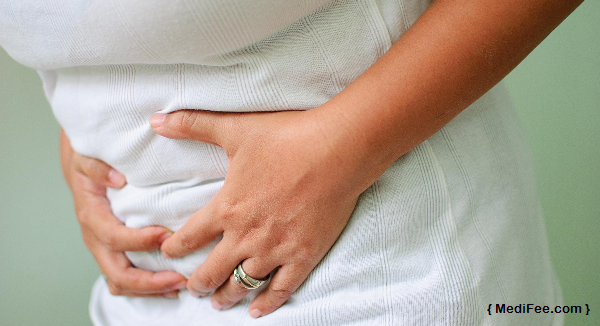
Symptoms of Ulcerative Colitis:
- Severe abdominal pain with loud sounds
- Diarrhea
- Stool accompanied with blood
- Unexplained weight loss
- Pain in the rectum
- Vomiting and Nausea
- Incontinence – inability in controlling bowel movements
- Formation of mouth sores and skin rashes at later stages
What laboratory examinations are ordered for diagnosis of Inflammatory Bowel Disorders?
As inflammatory bowel diseases may infect in various forms, a person visiting a doctor may have to undergo a series of lab tests and examinations that ultimately determine the exact IBD disease the individual is suffering from.
The following explains types of tests you may be ordered if reported with above IBD symptoms.
Physical examination and symptoms analysis: Your doctor may examine you to check for skin paleness and sores. Physicians may also want to know the exact patterns of symptoms such as bowel habits and changes, frequency, or related pain.
Blood test: Most doctors may order a blood test initially to know if patients are showing anemic symptoms. CBC and CRP are the two most common tests you will be needed to undergo.
Fecal Occult Test: In this examination, patients are needed to provide a stool sample that is checked to have any blood traces. If thin bloody components are detected, a patient is more likely to suffer from IBD diseases.
Sigmoidoscopy: The procedure involves insertion of a thin wire attached to a camera into your rectum or bottom. The examination enables the doctor to investigate the entire rectum and lower section of colon (sigmoid). Since the procedure can get a little uncomfortable, patients are mostly given sedatives prior to procedure.
The entire examination may take around 15-20 minutes. If Sigmoidoscopy results suggest that infections may have spread to deeper parts of colon and digestive tract, a more detailed examination; colonoscopy is ordered.
The procedure is similar to sigmoidoscopy with the difference that it can investigate the entire colon and not just the lower section. Colonoscopy also involves insertion of a thin tube attached with camera into the rectum that enables doctors to view the internal parts of your large intestine. Patients are usually given sedatives during the procedure that lasts for around 30 – 45 minutes.
Colonography or Virtual Colonoscopy: The procedure involves obtaining CT (Computed Tomography) images of your intestine. The procedure involves insertion of slender tube within your colon and then obtaining CT scan images of entire rectum and colon. The procedure is commonly performed for Colon cancer diagnosis and sometimes may be ordered for IBD as well.
What treatment measures are available for IBDs?
It is unfortunate that although Crohn’s disease and Ulcerative Colitis are infecting a large population and becoming very common with every passing day, no clear cut treatment measures are available.
Initial diagnosis of the disease allows doctors to opt for medications that aim at treating the condition. Anti inflammatory medicines and drugs are suggested to reduce the severity of symptoms and slowly treat the inflamed condition. However, diseases diagnosed at later stages do not find medication useful. Surgical treatments that remove the colon entirely is left as one of the possible remedial measures.
However, dietary changes and lifestyle modifications are known to bring about a significant change. Even if the disease is not totally cured, the severity of symptoms and related discomforts are seen to have a steady decline. Therefore, if patients are diagnosed with some form of IBD, knowing about foods to eat and what not to eat becomes very essential.
Suffering from Inflammatory Bowel Disorder? This is what your diet should be:
A slight change in your diet plan and a bit of lifestyle changes can bring about the much needed remedy. Following could be helpful to have a diet plan:
Taking fluids and meals in small and frequent amount:
It is not only about what you eat, but also how much. Doctors suggest that eating small amounts of food at a time and eating at frequent intervals can help to reduce severity. Fluid is very essential for you body. Therefore, drink plenty of water everyday, but this should also be taken in small amount. Drinking sufficient water at one go can exert your digestive tract and therefore, following small and frequent pattern is suggested.
Discuss low fat food with your doctor:
Fat can make things difficult for your gut. As with any digestive system troubles, fat absorption capacity is expected to reduce. Therefore, avoiding fatty food such as butter, ghee, cream and oily or spicy food is suggested.
Fiber can also be a reason behind increased severity:
Fiber is something especially essential for your body. However, for patients suffering from Crohn’s or colitis, fiber can become bit of a problem. Now, completely eliminating green leafy vegetables and fruits is definitely not suggested. You will have to discuss this with your doctor if fiber is a problematic constraint. Sometimes, cooking them differently instead of eating raw can reduce or eliminate the severity caused by high fiber foods. Therefore, your doctor would be the best person to suggest.
Alcohol and smoking can make things worse:
Needless to say that patients are required to completely abstain from alcohol consumption and smoking. These can make the medicines ineffective and worsen the symptoms. People who are into vigorous smoking remain at highest risk of developing Inflammatory Bowel Diseases. Caffeine can also complicate things and therefore can be avoided.
Living with Inflammatory Bowel Disorders:
Patients who are living with Inflammatory Bowel Disorders say that it is more of a mental battle than physical burden. Inflammatory Bowel Diseases do not disappear and once developed, they are just there every time. Therefore, keeping this aside and carrying out with regular activities is definitely a bit of a challenge.
Many patients are into continuous painkillers as abdominal cramps almost seize their normal life and therefore pain relieving medicines seem to be the only solution. However, a bit of courage, proper life style, food habits etc., all can help you lead normal lives for long.
However, the fact remains that it is best if you could prevent the disease altogether. Regular screenings can help diagnose the disease and thus early prevention becomes feasible. In addition, proper and healthy diet always keeps your gastrointestinal tract in good shape. Therefore, if you do not have a wrong gene acquired from parents, keeping these IBD diseases are very much possible. And if perchance you have it in your genes, working things out before they take up nasty forms can help to keep the disease under control and the symptoms may not hinder your normal day to day activities.
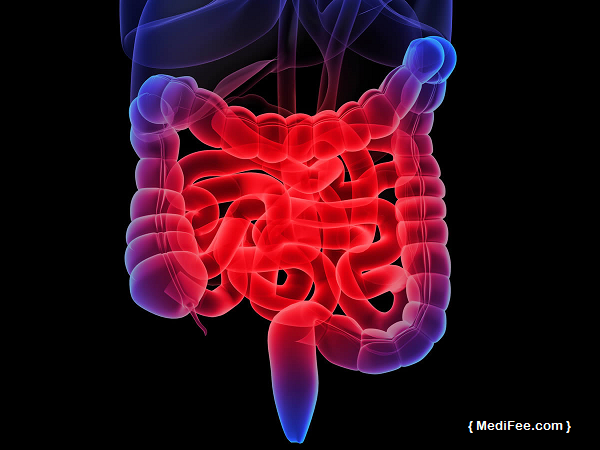
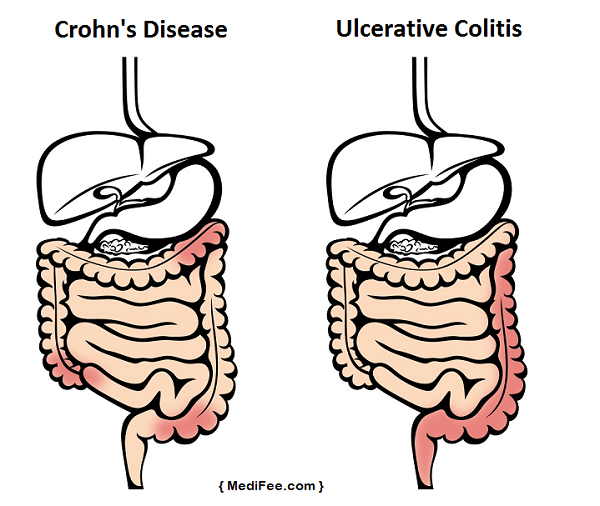
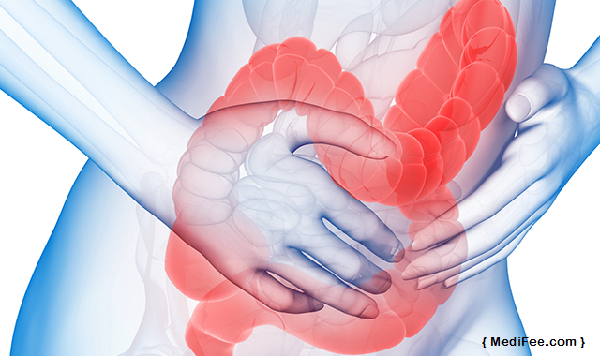

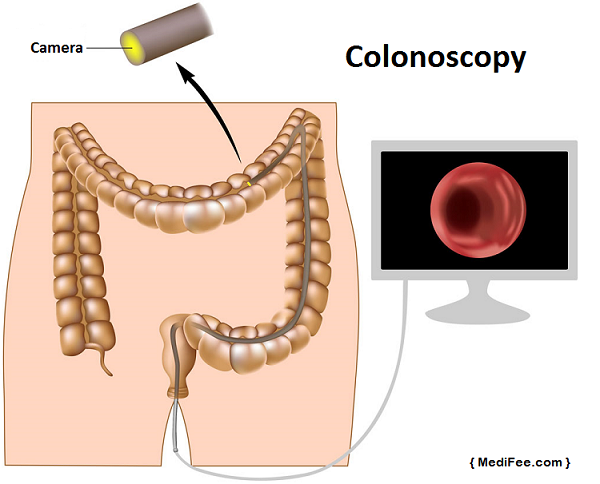
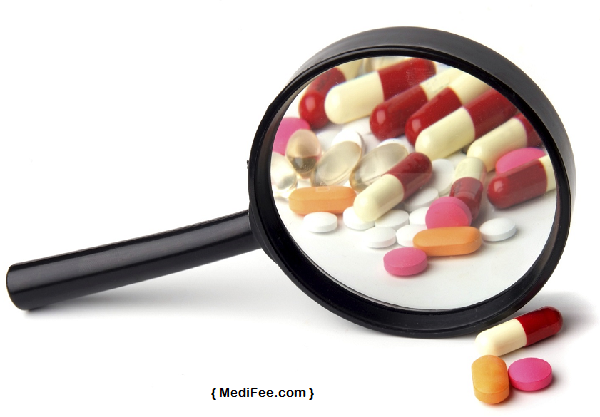
1 thought on “Inflammatory Bowel Diseases – CROHN’S and Ulcerative Colitis”